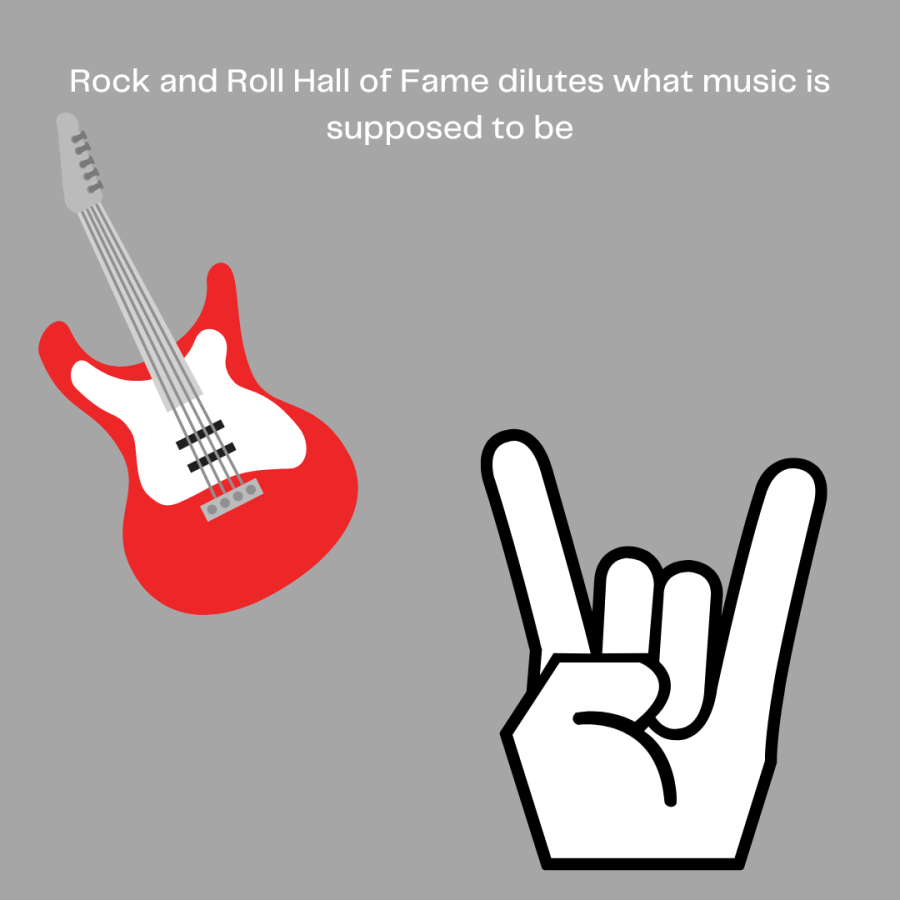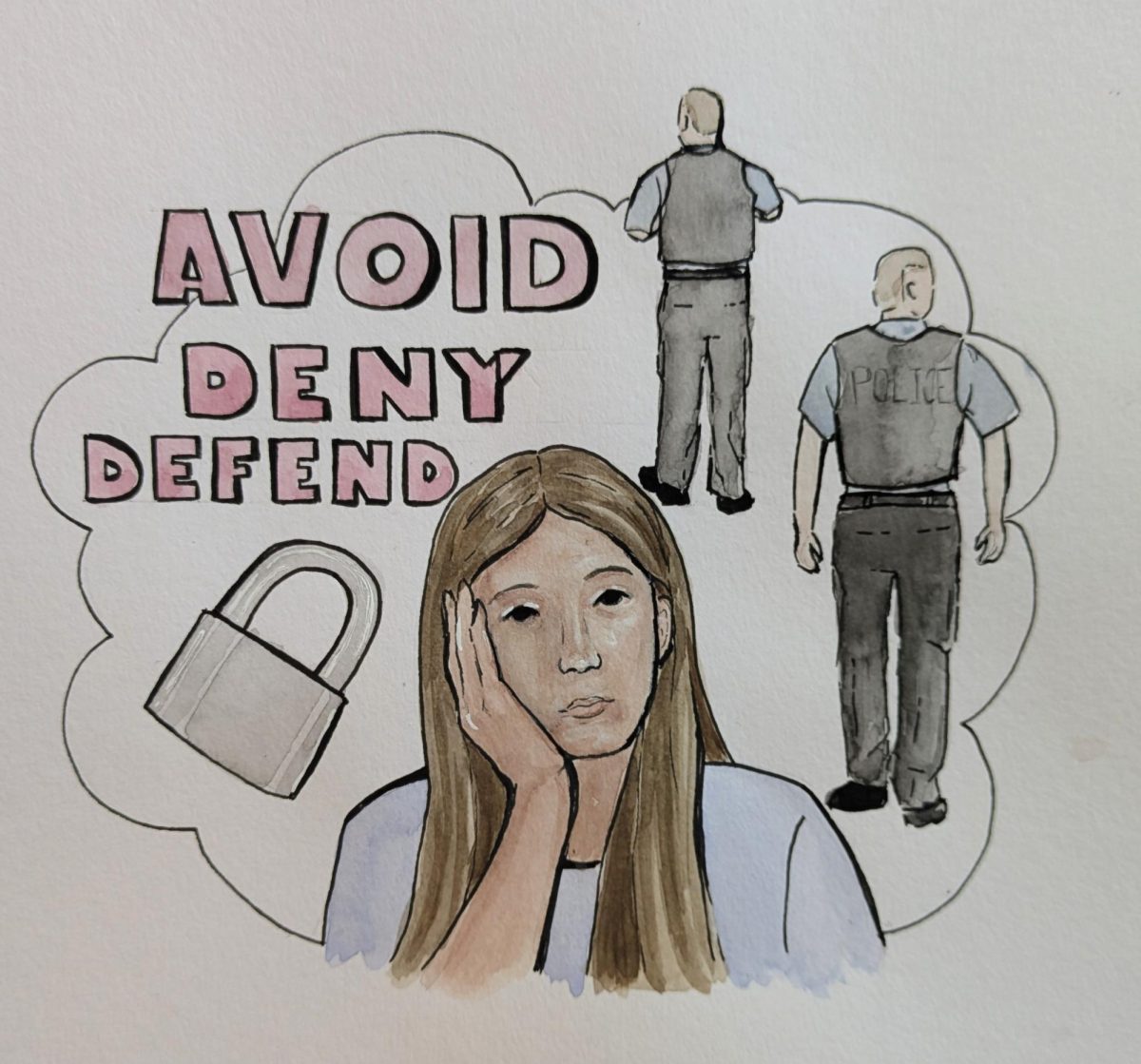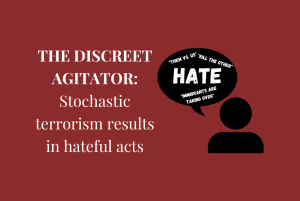Rock and Roll Hall of Fame dilutes what music is supposed to be
February 28, 2023
This previously ran in our February 2023 issue.
On Feb. 1, the Rock and Roll Hall of Fame released the nominees list for the 2023 class of inductees. Among the 14 acts were pop artist Cyndi Lauper, now-deceased icon George Michael, rapper Missy Elliot, heavy metal band Iron Maiden, and artist Kate Bush.
This year’s selection of nominees is notable for the number of women in the running, a sizable increase from previous years. The selection is also notable, as it is every year, for those left off of it; Smashing Pumpkins, Outkast, Weezer, and Motley Crue are just a few eligible nominees who are yet to receive recognition.
Musicians become eligible for induction into the hall 25 years after releasing their first recordings. Music historians and Hall of Fame founders choose each year’s nominees and a group of 500 professionals with experience in the industry vote on them. Then, the vote moves to the public and a group of appointed voters, including other industry pros and all previous inductees.
The nomination process is a point of contention among critics of the hall, who accuse the board of choosing their favorite artists over the most widely loved.
Moreover, critics denounce the voting process and, every so often, the most hardcore fans catch on and make clear their own annoyances. Perhaps most notably, the hall faced criticism in 2020 for neglecting to induct Dave Matthews Band, despite the band gaining the most amount of community votes of any act on the ballot that year. As expected, this peeved off their famously overzealous fans, known as “The Warehouse.”
As it turns out, the voting process is not quite what it seems. Claiming a spot as one of the top-five fan vote recipients only garners one vote in the final tally; the other ballots are cast by industry professionals, historians, journalists, and other experts. So winning the popular vote actually only benefits the artist a bit, and the weight of the votes of thousands is the same as, for instance, one producer, writer, executive, or rocker. On top of that, as mentioned before, some of the voters are previous inductees, meaning that every year, as more artists are added, the weight of the final proportion that the popular vote counts for grows slimmer and slimmer.
Generally, the wishes of the public tend to line up with the picks of the chosen voters, which is why the controversy tends to ebb and flow in and out of the spotlight; it is only when there is a disconnect between the public voters and the industry voters that the process faces criticism.
Still, I have my doubts about this system. The idea that the voices of the public don’t mean as much as the voices of a select few is a recurring theme that never fails to irk me.
Whether or not it speaks to systemic issues about the way certain voices carry more weight than others, it says more about the arbitrariness of defining music by the preferences or beliefs of a few people who might know a lot about it.
I am willing to give them the benefit of the doubt and say that a lot of thought goes into who they vote for, and I am sure many of them back up their decisions with more than personal taste. However, shouldn’t the voices of the people count for something more than they do right now? Who better to make these calls than the public, the very people who the music is meant to represent?
Music is subjective. There isn’t a good way to measure one artist against another. Ultimately, there’s no objective way to examine an artist’s body of work and compile a list of the greatest in history which begs the question: why do we need to do so at all? Who is anyone to judge the contributions of a given musician to culture and society?
Who’s to say that A Tribe Called Quest, a 2023 nominee, has had more influence than Outkast, a duo of a similar style and time that has faced continuous snubbing? Whose decision was it to wait to nominate Willie Nelson until 25 years after he first became eligible for a spot in the hall, when he’s long been one of the most well-known sounds in the history of American music?
Is it fair to reduce hip-hop from its cultural significance as one of the most consistently honest expressions of class and racial struggle to a fight for favor by a few industry pros? And is it fair to do the same with country music, an often poetic way of channeling desire, faith, class struggle, love, and fear into a classic Americana sound that — against the will of many haters — has grown to become a definitive part of the country’s history? Is it fair to do this with soul, jazz, rock, folk, or any other genre that defines the American sound?
I will say that passion-fueled debates over artists and their work is fun. Bickering over who deserves what and standing up for the authors of the soundtracks to your life brings with it a certain ability to identify with the artist and with other fans, and the heated discussions that sprout from music and awards are of just as much value as the ways in which these things bind. Still, I argue that awards have risen above the petty debates in which we relish to another level, a level that suggests an artist’s influence can and should be defined by an establishment, which is so often the very thing music is written to rebel against.
Music as a concept is an ode to the ability of humankind to bind themselves together, despite vastly different circumstances and ever-deepening conflicts, by way of combinations of words and sounds that they happen to like. The way I see it, to build up certain artists and tear down others by way of halls of fame and lists of top artists is to contradict the very foundation upon which music as a phenomenon is based.
Why has music been made competitive when, throughout history, it has been one of the most purely uniting forces between people and cultures?
The deadline to vote for the inductees is April 28. I, for one, will not be reading the results. Music is not a competition. Let’s stop treating it like it is.












